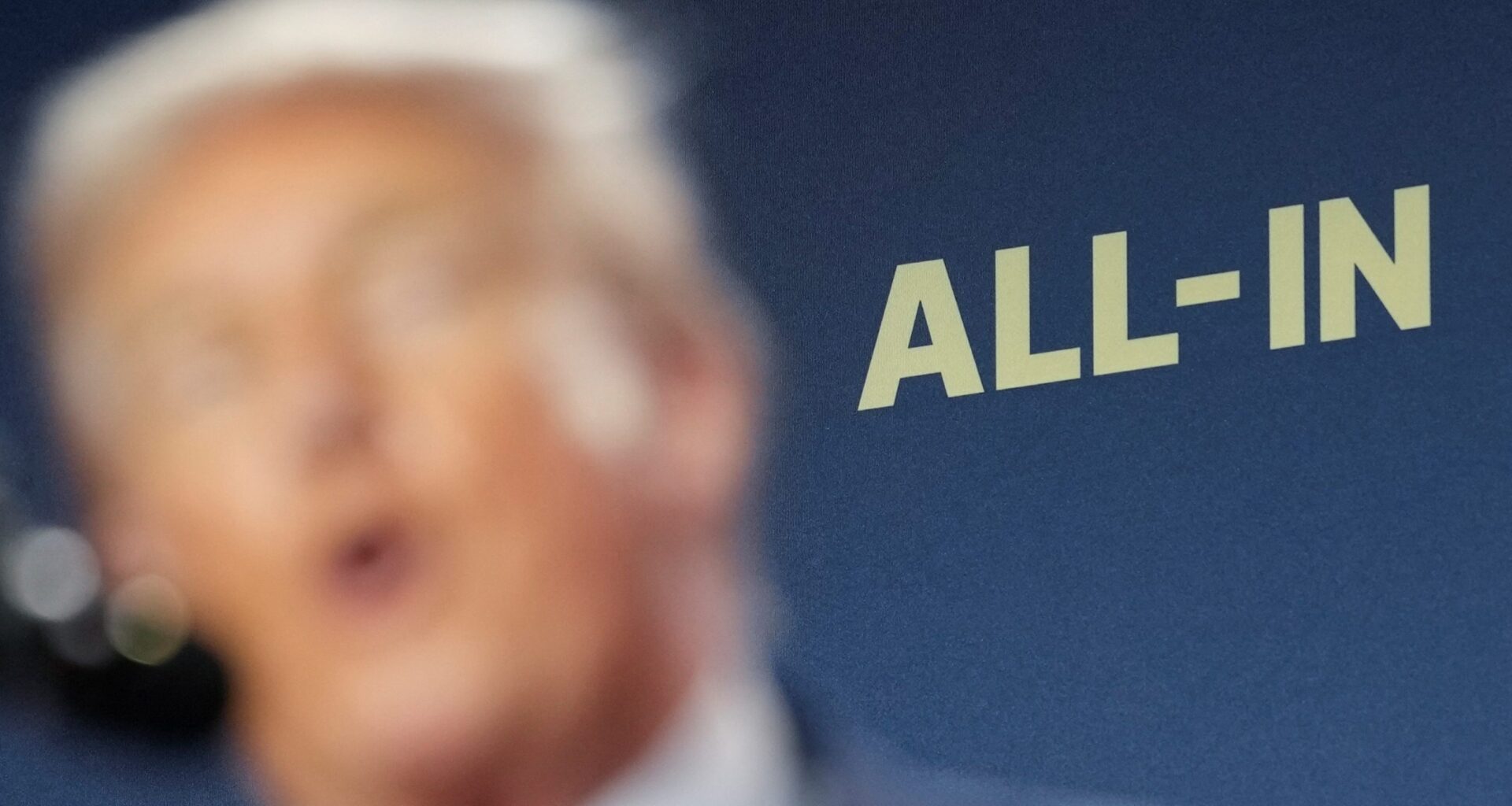The new AI Action Plan is America First for artificial intelligence. It calls for slashing environmental regulations, fast-tracking data center construction and promoting AI exports. This innovation-first US policy contrasts with Europe’s cautious, risk-driven approach.
But the Trump AI strategy is far from America Alone. It sends a clear signal that working with partners is in US interest. The State and Commerce departments are ordered to advocate standards and governance with the United Nations, the OECD, G7, G20, and the International Telecommunication Union. Europe approves of this global approach.
Could a transatlantic tech truce be in the offing? The newly signed trade deal made no mention of digital taxes or digital regulation, spared semiconductors from tariffs, and promised to end talk of demanding that tech companies pay additional network fees for running YouTube videos and Netflix films. That’s quite a shift. For months, the Trump Administration railed about the dangers of European digital taxes targeting US tech firms and derided Europe’s Digital Services Act prescribing content moderation as “censorship.”
Europe’s preoccupation for putting guardrails on AI came in for special scorn. “The AI future is not going to be won by handwringing about safety,” Vice President JD Vance said at this year’s Paris AI Action Summit. “It will be won by building — from reliable power plants to the manufacturing facilities that can produce the chips of the future.”
But whisper, the new Trump AI plan contains some European ideas. It recommends rapid adoption of AI in the public sector. The European Union’s own AI Continent Action Plan sets a similar goal. Trump’s team supports “regulatory sandboxes” to test AI without fear of becoming a liability. Europe already has such sandboxes in operation.
The EU and US share ambitions to build AI infrastructure. Both want to ease local planning regulations for data centers. The removal of Biden-era export controls on AI chips means all EU countries can now access vital components to help build planned AI factories.
Get the Latest
Sign up to receive regular Bandwidth emails and stay informed about CEPA’s work.
White House support for “open source” and “open weight” AI echoes European Commission’s data disclosure guidelines, which outline how and when companies must report data used to train large AI models.
Of course, plenty of the Trumpian flourishes will not enthuse Europeans. Aggressive deregulation will not wash in most European capitals, where voters remain fearful about the dangers of tech. US restrictions on “woke” left-wing content will not attract European support either.
US tech likes the Trump plan’s innovation-first priorities — and contrasted it with attacks on European regulation. “The EU’s inconsistent, restrictive & self-defeating approach to AI — with complex, overlapping rules and over-reach by regulators — stands in stark contrast to President Trump’s pro-innovation leadership,” inveighed Joel Kaplan, Meta’s head of government affairs. The criticism shows that Europe is still on the minds of US tech firm leaders — the EU is both a vital market and a source of regulatory frustration.
China’s success in developing the low-cost, high-performing DeepSeek model continues to reverberate in Washington. The Trump plan pushes for AI “dominance,” framed as a direct challenge to Beijing’s ambition.
But the US needs Europe to face down China. Europe is the US’s largest trading partner and dominates key parts of the AI value chain, starting with the lithography machines needed to produce AI chips. Although the Trump White House will not adopt European-style rules to rein in the new technology, it may be possible to look past divisive rhetoric and forge pragmatic collaboration.
Ronan Murphy is Director of the Tech Policy Program at the Center for European Policy Analysis.
Bandwidth is CEPA’s online journal dedicated to advancing transatlantic cooperation on tech policy. All opinions expressed on Bandwidth are those of the author alone and may not represent those of the institutions they represent or the Center for European Policy Analysis. CEPA maintains a strict intellectual independence policy across all its projects and publications.
Read More From Bandwidth
CEPA’s online journal dedicated to advancing transatlantic cooperation on tech policy.

